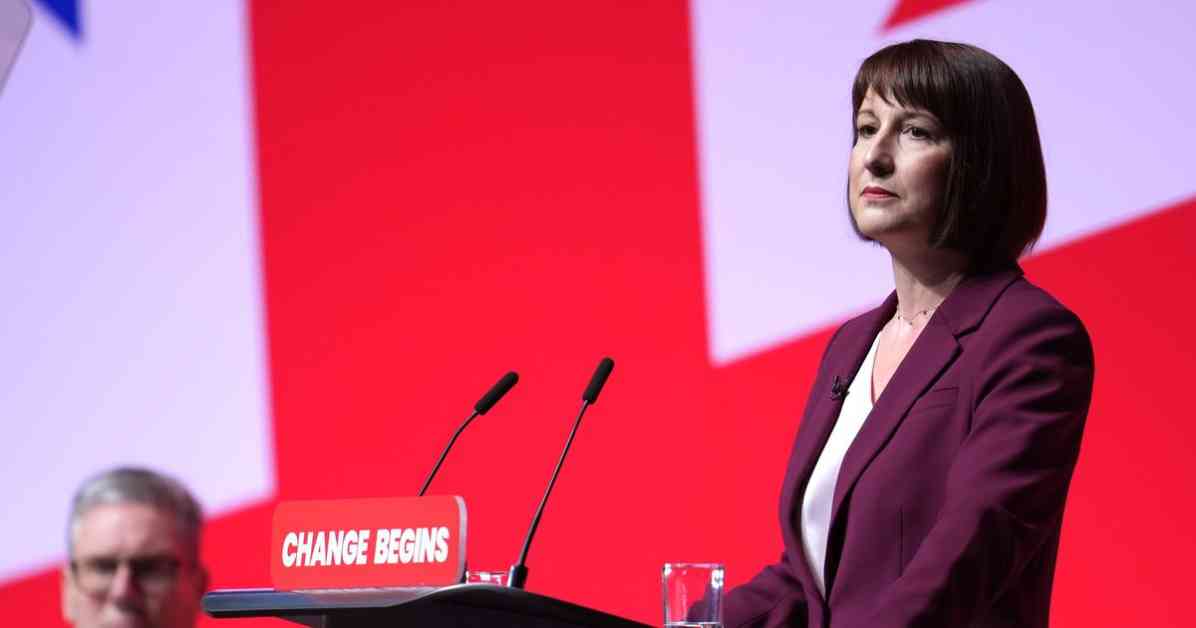Labour’s Plan to Tax Pension Contributions Could Generate Billions in Revenue
As the chancellor’s first Budget approaches, a new report has raised concerns about the government potentially targeting private sector pension contributions to generate an additional £16 billion in tax revenue. Chancellor Rachel Reeves is reportedly considering scrapping tax relief on employer contributions to pensions, which currently do not incur National Insurance payments, according to a report by The Telegraph.
The report, compiled by pensions consultancy Lane Clark & Peacock, suggests that such a move could prompt employers to reduce future pay rises for workers or increase prices for goods and services. While public sector organizations may be exempt from the proposed tax changes, private sector businesses could be left to bear the brunt of the additional tax burden, potentially yielding an extra £16 billion for the Treasury.
How Taxes on Pensions Work
A pension is a tax-efficient method of saving for retirement, where both the individual and their employer contribute funds without incurring additional tax liabilities. For every £80 contributed, the government adds another £20, effectively providing a 20% tax rebate on pension contributions. Higher-rate taxpayers can claim additional tax relief, potentially increasing their savings further.
Most full-time workers are required to contribute a minimum of 8% of their earnings to their pension, with a combination of personal and employer contributions. These contributions are typically tax-free, allowing individuals to maximize their retirement savings. National Insurance is not levied on pension contributions, providing a significant incentive for individuals to invest in their pension pot.
Potential Impact on Businesses
Exempting employer pension contributions from National Insurance currently costs the Treasury approximately £23.8 billion annually. However, taxing these contributions could result in substantial cost increases for businesses, potentially leading to reduced pension contributions for employees in the future. This could ultimately result in diminished retirement incomes for future generations of pensioners.
Despite the potential negative consequences, the policy has the capacity to generate significant revenue for the government. While the impact may not be immediately felt by voters, the long-term implications of reduced pension contributions could have lasting effects on individuals’ financial security in retirement.
Proposed Changes in the Autumn Budget
In addition to the proposed tax changes on pension contributions, the Autumn Budget may also introduce alterations to the tax relief system for private pension contributions. Currently, taxpayers receive relief at the same rate as their income tax, with basic rate taxpayers receiving 20% relief and higher rate taxpayers receiving 40-45% relief. However, a shift towards a single flat tax relief rate could result in higher earners paying more in taxes.
Furthermore, an anticipated 4% increase in state pensions is expected to be confirmed by Work and Pensions Secretary Liz Kendall around the time of the Budget, with the change set to take effect in April 2025. These developments could have far-reaching implications for pensioners and individuals planning for retirement.
Conclusion
As the government explores potential avenues for increasing tax revenue, the proposed changes to pension contributions could have significant implications for both businesses and individuals. While the policy has the potential to generate billions in revenue for the Treasury, it may also result in reduced retirement savings for workers and future retirees. As the Budget approaches, it will be crucial to monitor developments in this area and consider the broader impact on retirement planning and financial security.












